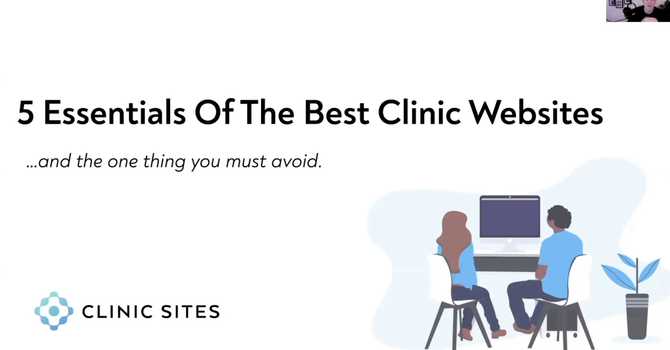
How do you plan a keyword strategy for your site? This is a question that many business owners ask themselves when they are deciding what to do with their website. The answer is not as complicated as it may seem. In this blog post, we will give you a quick guide on how to establish a keyword plan and start ranking for keywords in the search engines.
1. Keyword Research
Keyword research is the first step when you are trying to make your website better for people to find it. Before you know what keywords to use, you need to learn more about your topic.
A keyword is made up of one or more words. For example, “restaurant near me” is a keyword. It can also be made up of many words like “easy cake recipe”.
First, think of a few words that lots of people might search for. Talk with your customers to learn about their terms. Think about what you would tell a friend when they ask about your product or service. Read the discussions online to find out what people are saying about your niche.
2. Pick Relevant Keyword Topics
Second, you need to think about what keywords your business will use. Ask questions like who are we? What do we do? What problem does our product or service solve? How is it solving these problems?
3. List Out All the Keywords You Want
Third, based on what you want to achieve with your brand, decide what topics are most important. Make a list of all the things you want to rank for on Google. Think about what words would rank for those topics.
You might want to look at these words by doing a search on Google, to see if people are looking for them.
4. Prioritize Your Keyword List
To make it easy, pick 3 keywords as your "A category" keywords to be the primary keywords you'll use everywhere.
Then, pick 3-10 "B category" keywords to rank for longer-form landing pages, articles, and blog posts.
Lastly, throw all the rest of your keywords into a "C category" as nice to have, but not a priority.
5. Use a Keyword Tool
Fifth, once you have identified your goals, topics, and a list of priority keywords, you can use keyword research tools to help narrow down the right search terms. Google Keyword Planner will give approximate search volumes.
Now, you might assume that you should start by using a keyword tool. But it is better to think about your brand first and what keywords you should use for your content. This will help you get a better idea of what to do with SEO.
Conclusion
Forming a keyword plan is easy. All you have to do is understand your audience and what they’re searching for, then find the words that will make them click on your site. Once you know those keywords, it becomes much easier to create content around them and earn more traffic from search engines.
When you create a keyword plan, you spend less time guessing about what people want from you online and more time creating engaging content so they keep coming.



